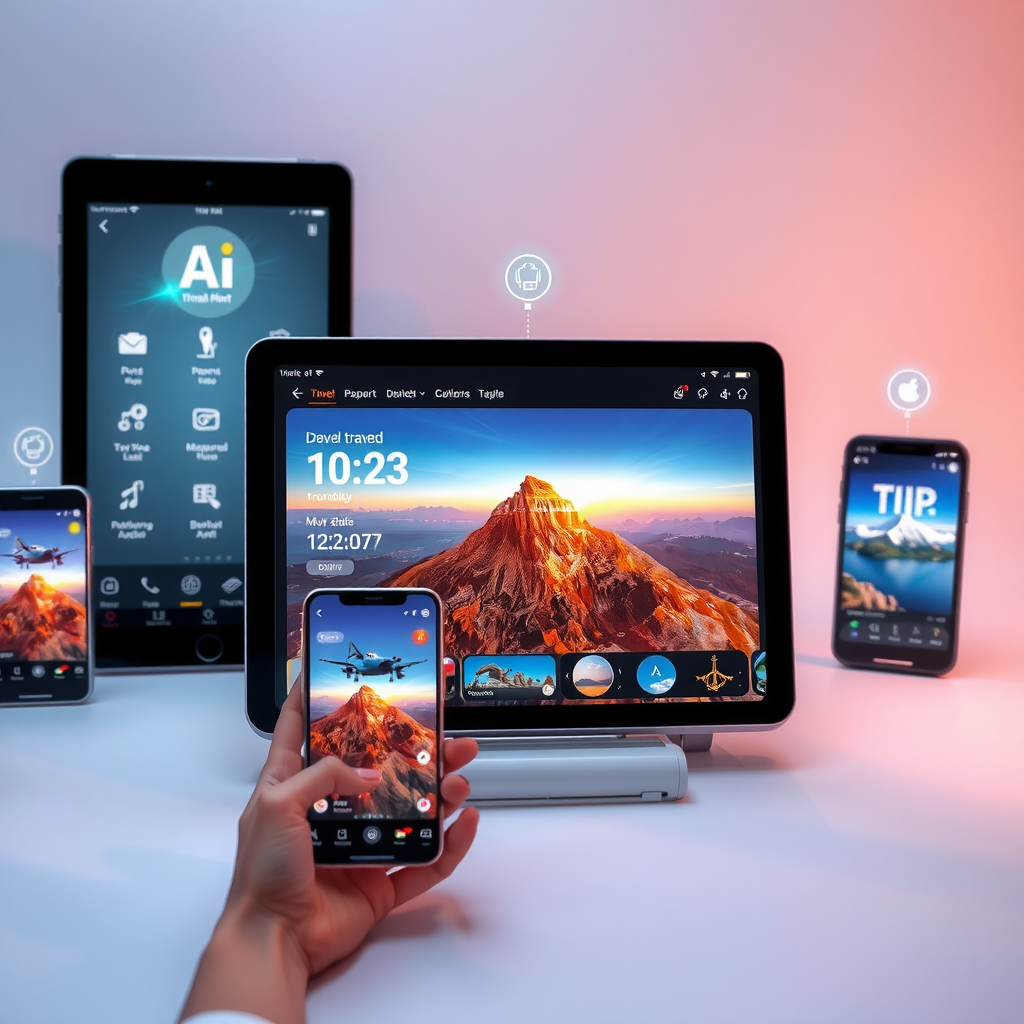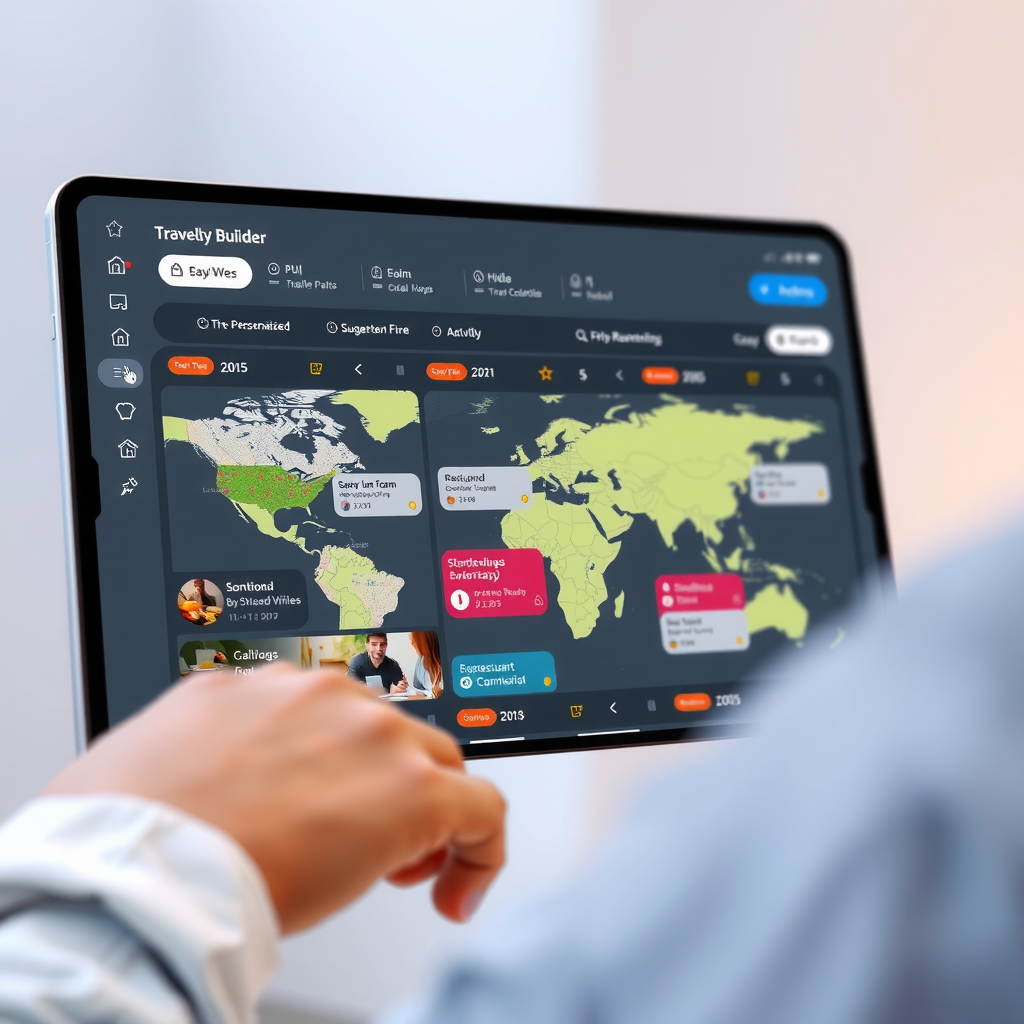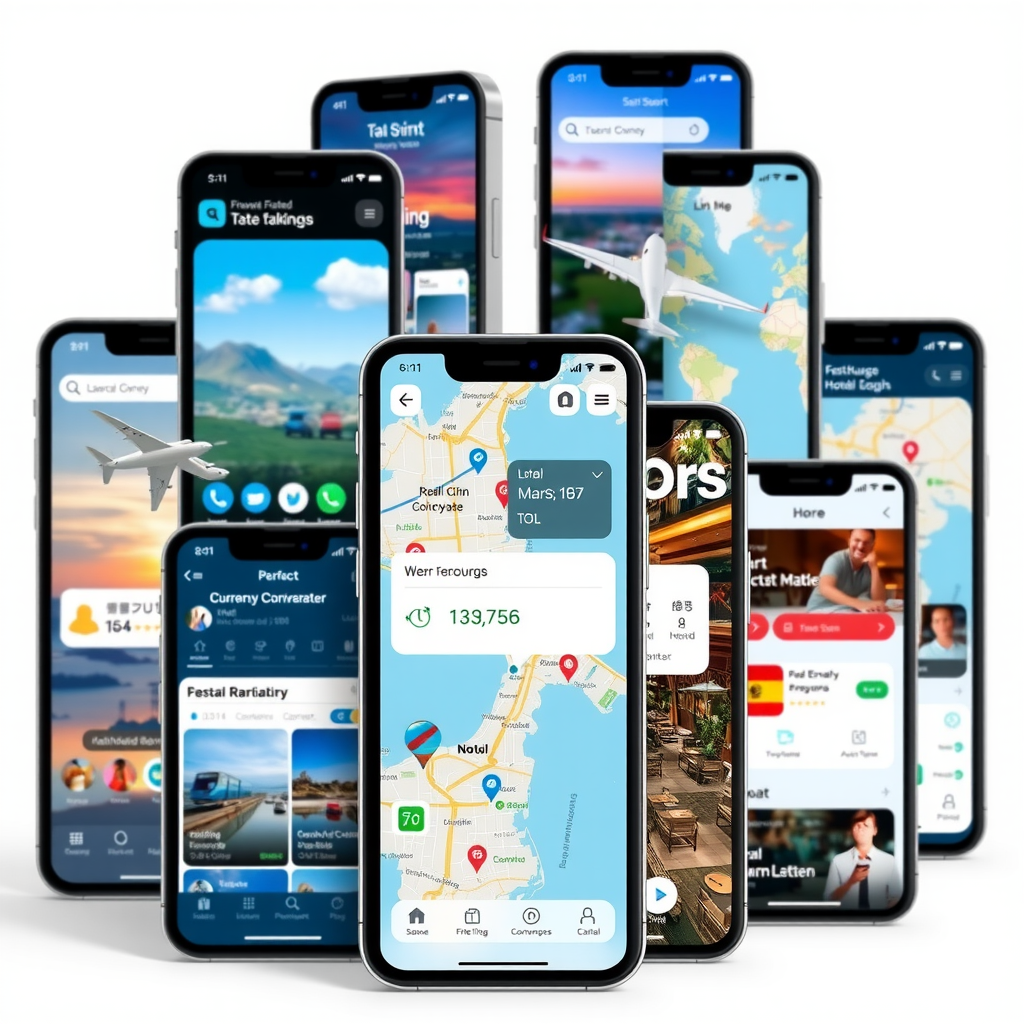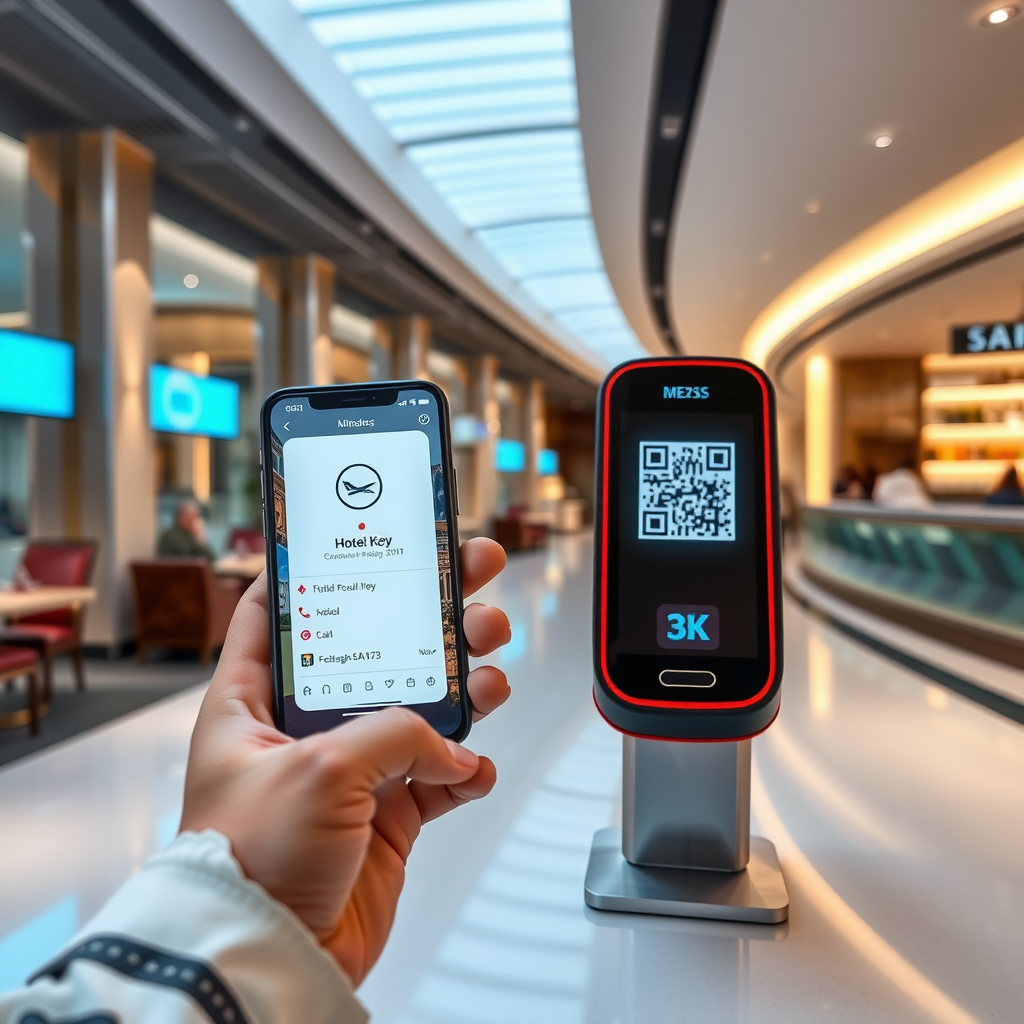Travel Technology Innovations Transforming Trip Planning
The travel industry is experiencing a technological revolution that's fundamentally changing how we plan, book, and experience our journeys. From artificial intelligence to virtual reality, these innovations are making travel more accessible, personalized, and seamless than ever before.
AI-Powered Itinerary Builders: Your Personal Travel Assistant
Artificial intelligence has emerged as a game-changer in trip planning. Modern AI-powered itinerary builders analyze vast amounts of data including your preferences, budget, travel dates, and interests to create personalized travel plans in minutes. These intelligent systems learn from millions of traveler experiences to suggest optimal routes, hidden gems, and time-efficient schedules.
"AI technology can process your travel preferences and create a customized itinerary that would take a human travel agent hours to compile, all in just seconds. It's like having a personal travel planner available 24/7."
These systems go beyond simple recommendations. They consider factors like weather patterns, local events, crowd levels, and even your energy levels throughout the day. If you prefer morning activities or evening entertainment, the AI adjusts accordingly. The technology also adapts in real-time, suggesting alternatives if flights are delayed or attractions are unexpectedly closed.
Virtual Reality Destination Previews: Try Before You Fly
Virtual reality technology is revolutionizing how travelers explore potential destinations before booking. Instead of relying solely on photos and videos, travelers can now immerse themselves in 360-degree virtual tours of hotels, attractions, and entire cities. This technology provides an unprecedented level of confidence in booking decisions.
Major hotel chains and tourism boards are investing heavily in VR experiences. You can virtually walk through hotel rooms, check the view from your balcony, explore resort amenities, and even experience local attractions. This technology is particularly valuable for destination weddings, group travel planning, and luxury bookings where visual confirmation is crucial.
Hotel Tours
Explore rooms and facilities in immersive 360-degree views
City Experiences
Walk through streets and landmarks virtually before visiting
Mobile Apps: Your Complete Travel Companion
Modern travel apps have evolved into comprehensive platforms that manage every aspect of your journey. From initial planning to post-trip memories, these apps serve as your digital travel companion, consolidating booking confirmations, itineraries, maps, translation tools, and local recommendations in one place.
The latest generation of travel apps incorporates machine learning to provide predictive assistance. They can alert you about gate changes before official announcements, suggest the best time to leave for the airport based on traffic patterns, and even recommend restaurants based on your dietary preferences and past choices. Real-time translation features break down language barriers, while offline maps ensure you never get lost, even without internet connectivity.
Key Features Transforming Mobile Travel
- Smart Notifications:Receive proactive alerts about flight delays, gate changes, and local weather updates
- Digital Wallet Integration:Store boarding passes, hotel confirmations, and event tickets in one secure location
- Augmented Reality Navigation:Point your camera at streets to see directional overlays and points of interest
- Expense Tracking:Automatically categorize and convert spending across multiple currencies
- Social Integration:Share experiences in real-time and discover recommendations from fellow travelers
Personalization Through Big Data
The combination of big data analytics and machine learning enables unprecedented levels of personalization. Travel platforms now analyze your booking history, search patterns, social media activity, and even the time you spend viewing different options to understand your preferences deeply. This data-driven approach results in recommendations that feel intuitively right.
Dynamic pricing algorithms work in your favor too, alerting you to the best times to book based on historical price patterns and predicted demand. Some platforms even offer price-freeze options, allowing you to lock in a rate while you finalize your plans, eliminating the stress of fluctuating prices.
Technology Impact on Travel Planning
Contactless Technology and Safety
Recent global events have accelerated the adoption of contactless technology throughout the travel journey. Mobile check-ins, digital room keys, contactless payments, and QR code menus have become standard features. These technologies not only enhance safety but also streamline the travel experience, reducing wait times and physical interactions.
Biometric technology is also gaining traction, with facial recognition systems speeding up airport security and hotel check-ins. While privacy concerns remain important, these systems offer significant convenience benefits, allowing travelers to move through various checkpoints with minimal friction.
The Future of Travel Technology
Looking ahead, emerging technologies promise even more transformative changes. Blockchain technology could revolutionize loyalty programs and secure document verification. Advanced AI assistants may handle complex multi-destination bookings with natural language processing. Augmented reality could overlay historical information and reviews as you explore new places in real-time.
Sustainability-focused technology is also emerging, with apps that calculate and offset your carbon footprint, suggest eco-friendly accommodations, and promote responsible tourism practices. These tools empower travelers to make environmentally conscious choices without sacrificing convenience or experience quality.
Ready to Experience the Future of Travel?
Embrace these innovative technologies and transform your next journey into a seamless, personalized adventure. The future of travel is here, making every trip more accessible, enjoyable, and memorable than ever before.
Conclusion
Travel technology innovations are democratizing access to personalized travel experiences that were once available only through expensive travel agents. From AI-powered planning tools to immersive VR previews and comprehensive mobile apps, these technologies are making travel more accessible, efficient, and enjoyable for everyone.
As these technologies continue to evolve, the gap between planning and experiencing will narrow further. The key is to embrace these tools while maintaining the human element that makes travel truly special—the connections we make, the cultures we experience, and the memories we create along the way.



